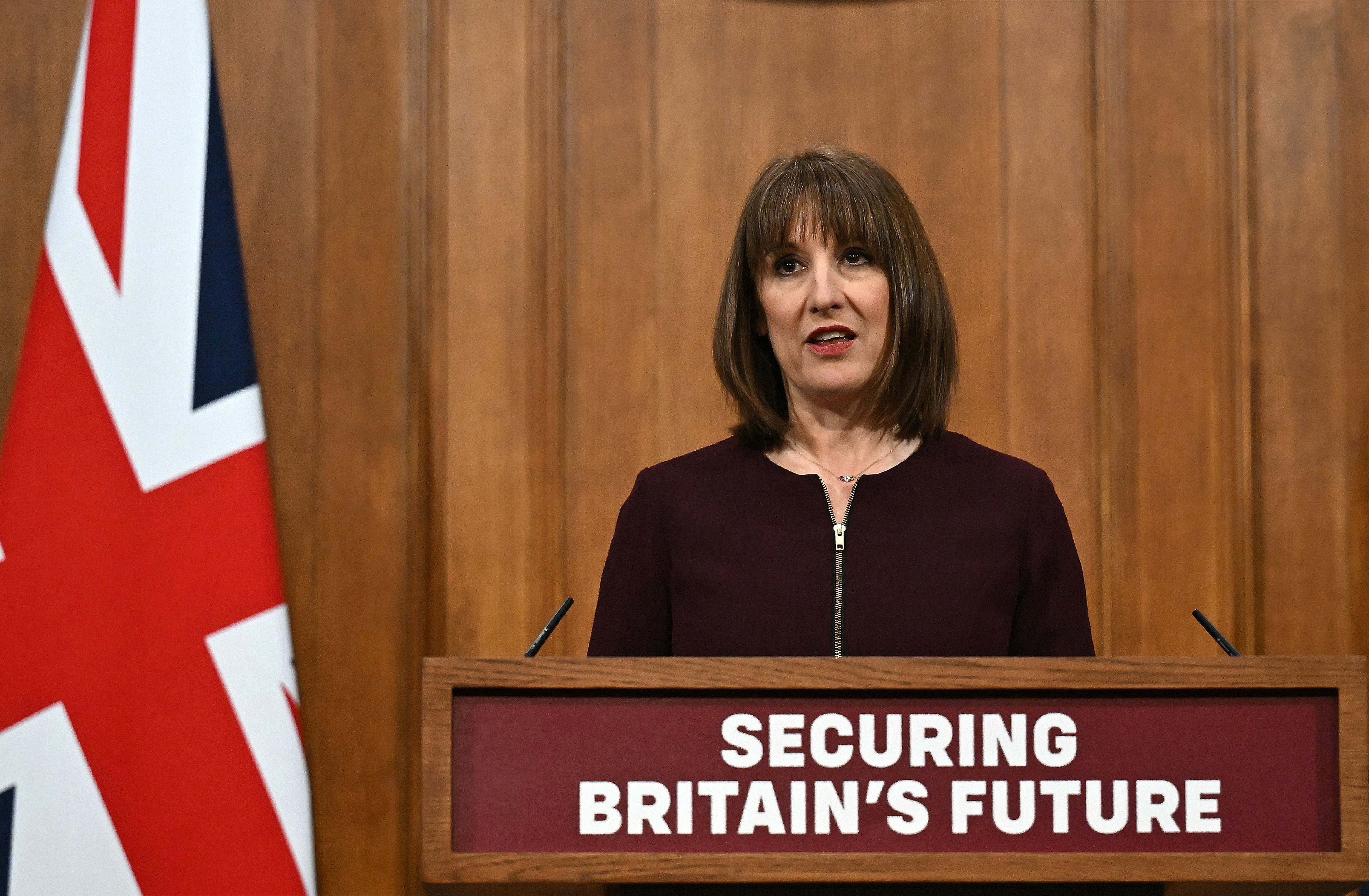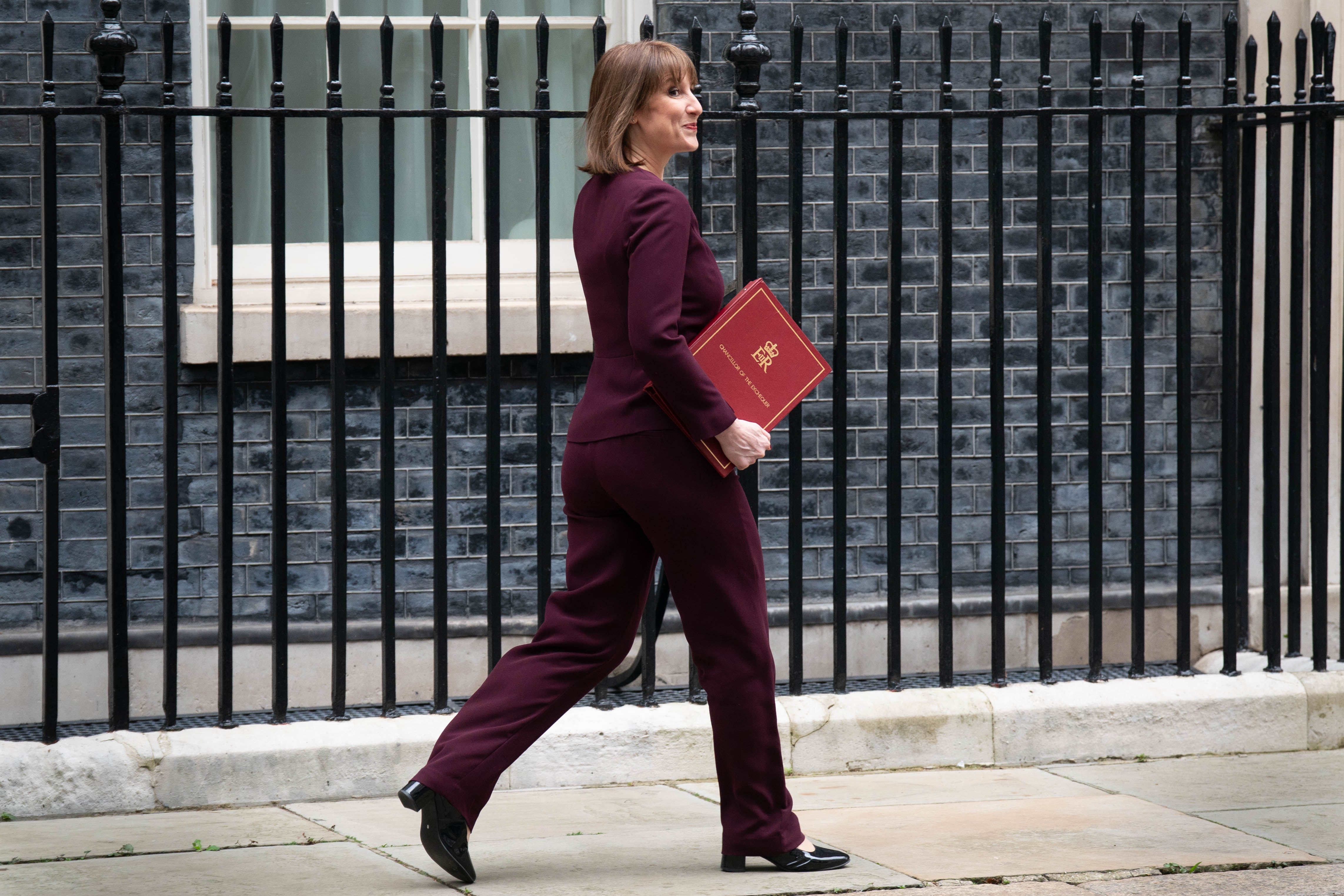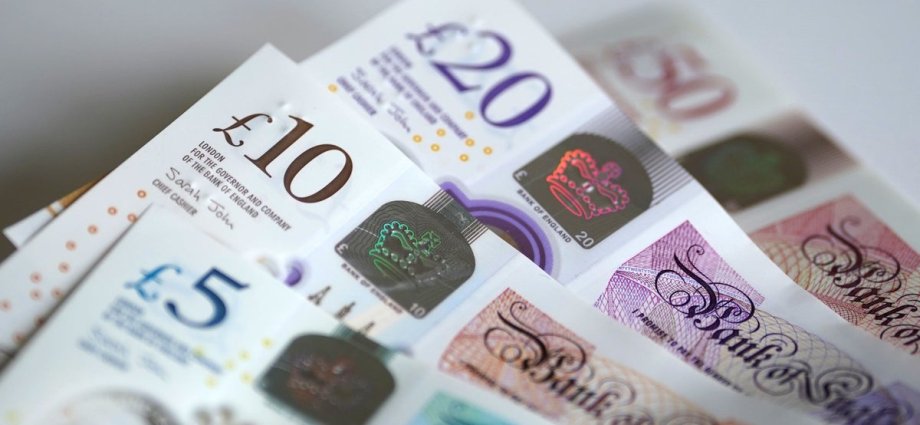UK businesses are bracing for a multibillion-pound surge in costs this week as higher wages and tax increases take effect, potentially driving up consumer prices.
Retail and hospitality leaders warn that the combined impact of increased labour costs and taxes will likely lead to price hikes for customers across the country.
A series of measures tied to the Labour government’s first budget will be implemented on Tuesday, April 1st, including a rise in the national minimum wage and higher property tax payments. These changes will be followed by adjustments to National Insurance Contributions (NICs) starting Saturday, April 6th.
Millions of UK workers will see their hourly wages rise to £12.21, a 77p increase, beginning Tuesday. However, businesses will bear the brunt of these increased labour costs, potentially impacting their bottom lines and leading to price adjustments for goods and services. The hospitality and retail sectors, already operating on tight margins, are particularly vulnerable to these changes. Industry leaders warn that these cost increases may be passed on to consumers, further contributing to the rising cost of living.
The combined effect of the minimum wage hike, property tax increases, and NIC adjustments represents a significant financial challenge for businesses. The long-term economic consequences of these changes remain to be seen, but the immediate impact will be felt by businesses and consumers alike.
The move has forced many of the UK’s largest employers to increase their rates of pay, with supermarket groups Tesco and Sainsbury’s among firms to announce they would hike their basic pay above the new minimum.
The rise in wages will come into force at the same time as businesses swallow a raft of tax changes, many of which they had not expected prior to the autumn budget.
One of the most significant of these will be an increase in business rates for many high street firms due to a reduction in current discounts for more than 250,000 retail, hospitality and leisure firms.

These businesses currently receive a 60% discount on their business rates – the property tax on commercial businesses – bills up to a cap of £110,000.
However, this discount will be reduced to 25% from April 1.
The drop in the discount means that the average small shop will now see its business rates spiral from £3,589 to £8,613, according to analysis from global tax firm Ryan.
Its research also showed that the overall business rates bill for firms in England will rise by £1.5 billion for the year as a result of the change.
Pub, retail and leisure bosses have called for an overhaul of the business rates regime in the Government’s next budget.

Alex Probyn, practice leader of property tax at Ryan, said the rises “will disproportionately affect small and independent businesses across sectors already struggling, whilst medium to large-sized businesses across all sectors of the economy tell us the standard rate of tax is now a disincentive to invest and is anti-growth.”
From Tuesday, supermarkets, food producers and online retailers will also be hit by a new plastic packaging tax.
Retailers will be liable to pay a charge, based on weight, for every item of packaging they use in the products that they sell.
The Food and Drink Federation has warned that the tax, which could raise up to £2 billion, is likely to lead to higher prices for consumers.
Businesses will face further pressure from higher taxes from Saturday April 6, when changes to NICs come into force.
In October, Chancellor Rachel Reeves announced that the rate of employer NICs will increase from 13.8% to 15% in April.
At the same time, firms will also pay more because the Government lowered the threshold at which companies would start paying NICs from £9,100 to £5,000.
Changes to NICs are expected to allow the Government to raise a further £25 billion each year.











